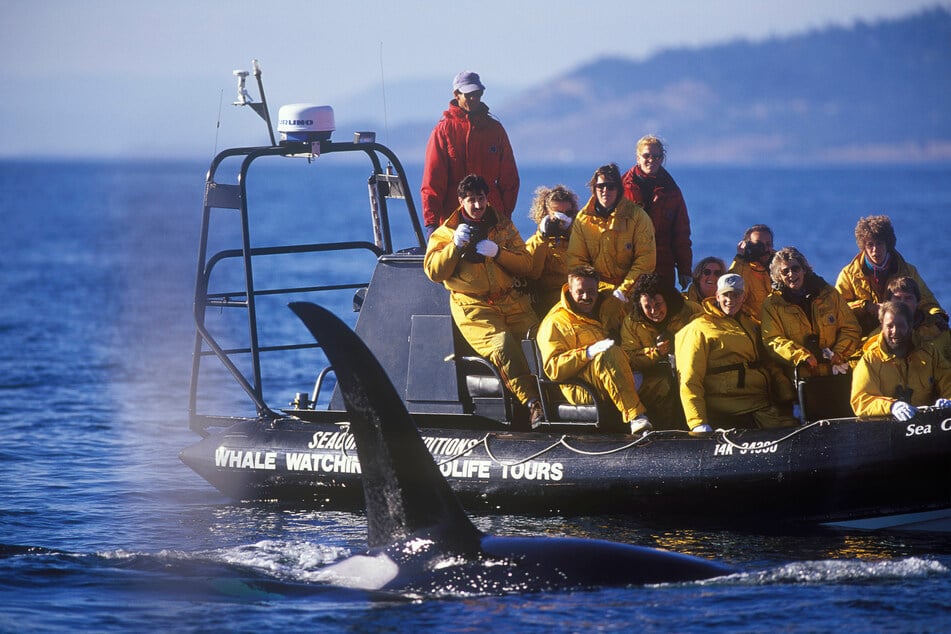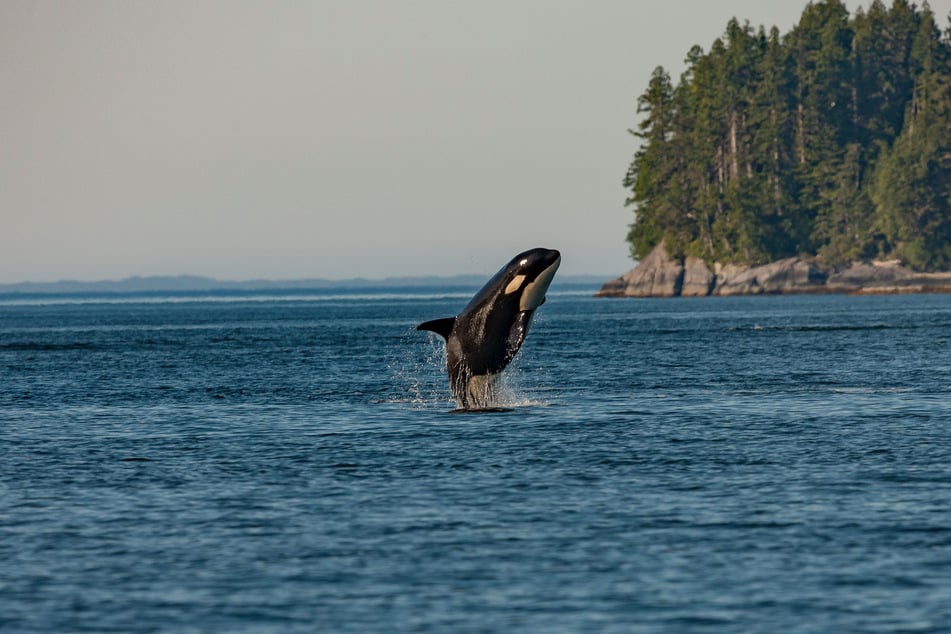Experts reveal why orcas keep slamming boats
Strait of Gibraltar - Over the last few years, orcas have been increasingly ramming boats in the Strait of Gibraltar. Now, scientists think they have worked out why.

Mere weeks after orcas managed to sink a 50-foot yacht off the coast of Morocco, scientists looking into why these interactions are occurring think they may have decoded the mystery.
A report released on May 24 by the International Whaling Commission theorized that increasingly unusual orca behavior could come down to newly abundant populations of bluefin tuna.
It is believed that growingly populations of bluefin tuna, a species previously reduced to critical levels on account of overfishing, are making life easier for orcas.
As a result, the critically endangered species may be interacting with boats simply because they are no longer pre-occupied with finding food. It is believed that the orcas have more free time and can therefore "play" with the rudders of boats.
Alex Zerbini, a co-author on the report, told The Washington Post that "as they play with the rudder, they don't understand that they can damage the rudder and that damaging the rudder will affect human beings."
Despite sinking boats, orca behavior is "not aggression"

While it might be frightening to sailors, who have at times had their boats sink from orca interactions, the report makes clear that scientists do not believe that there is any aggression behind the behavior.
"The singular agreement amongst the experts at this workshop is that the interactions between Iberian killer whales and vessels are not aggressive," explained the report. "The interactions have more elements consistent with fad behavior or play/socializing than aggression."
Mariners and scientists involved in the research specifically asked media organizations and authorities to avoid using the word "attack" when describing these occasions. Instead, they would like the word "interaction" to be used.
"The use of such terms as 'attack' to describe these interactions is thus inappropriate, misleading and should cease."
In addition, it cannot be said that orca behavior is a crisis in the strait, especially seeing as Iberian killer whales are critically endangered. Some estimates suggest that there are fewer than 40 individuals left in the wild.
It is believed that orcas are interacting with the rudders of ships because they believe that the rudders are entertaining and "fun to play with."
Naomi Rose, another co-author on the report, said that while "it's a very dangerous game they're playing," it's just for fun and not at all aggressive.
Rose believes orcas "have all this leisure time on their hands because they don't have to eat every fish they find."
Considering the state of orca populations, these increasing interactions could pose a very different risk to what was originally believed. With so few left in the wild, any orca death that comes from a boat collision is a tragedy.
Cover photo: IMAGO/SuperStock

